Why is Ireland one of the most pro-Palestinian countries?
The country has shown some of the highest support for Palestinians among white-majority nations

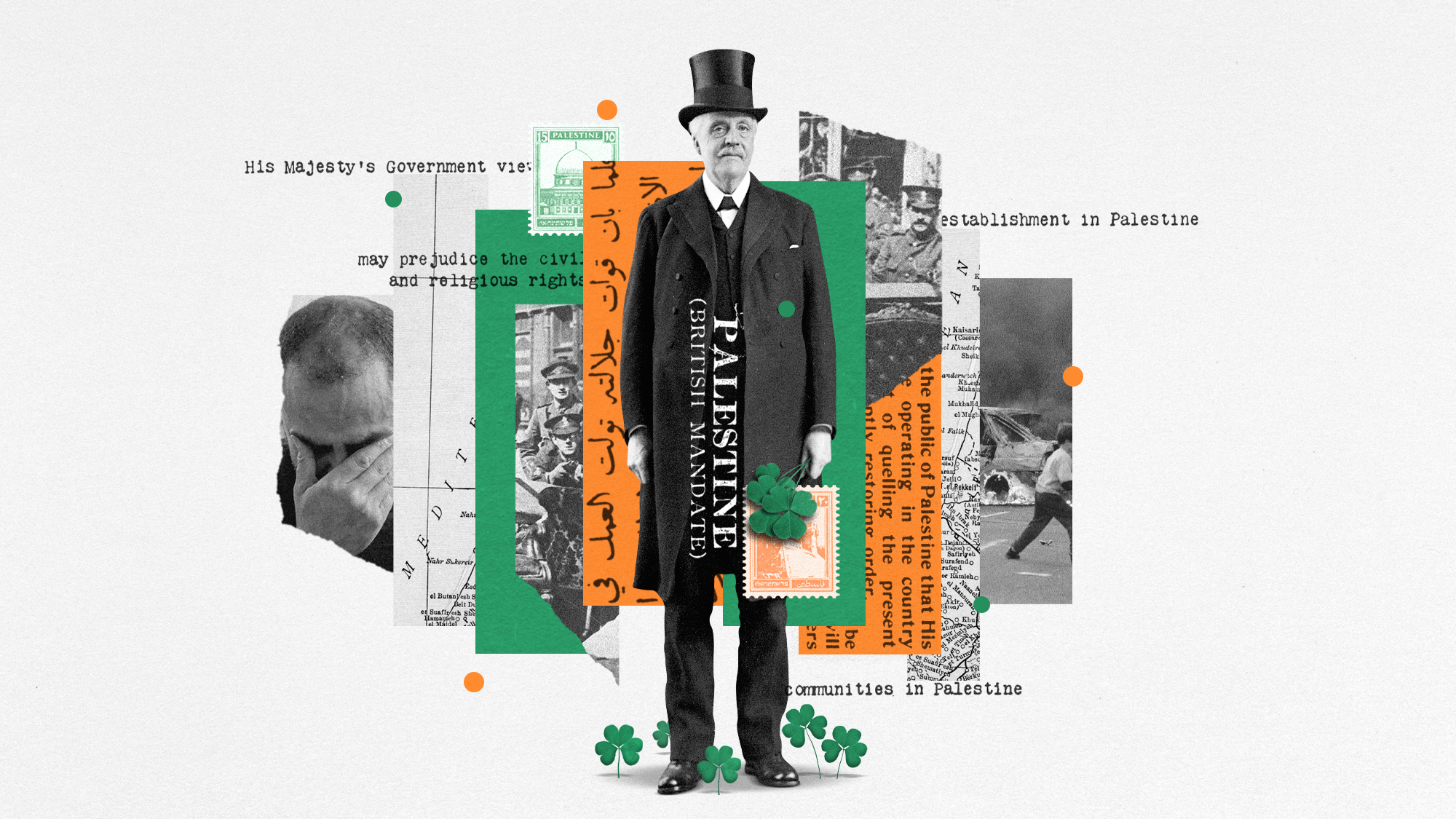
As the war between Israel and Hamas nears the six-month mark, the global community remains divided between support for Israel and support for the Palestinian people. Muslim-majority Middle Eastern countries continue to back the Palestinians and most Western governments are standing by Israel, but there is an outlying European Union nation that has consistently shown strong support for the Palestinians: Ireland.
Nearly 80% of Irish people back the Palestinians and think that Israel is committing genocide in Gaza, according to the most recent polling. This high level of support for the Palestinian people may come as a surprise to those looking in from the outside, given that Ireland is a majority-white, majority-Catholic country situated more than 2,000 miles away from the Middle East.
While many people in the EU and other Western countries are rallying behind the Palestinians — and support for Israel is slowly declining — Ireland's public backing of the Palestinians is among the highest outside of the Middle East. This support is not new, either — in 1980, Ireland became the first EU country to back the creation of a Palestinian state. Why is Ireland so united in its support for the Palestinian people?
The Week
Escape your echo chamber. Get the facts behind the news, plus analysis from multiple perspectives.

Sign up for The Week's Free Newsletters
From our morning news briefing to a weekly Good News Newsletter, get the best of The Week delivered directly to your inbox.
From our morning news briefing to a weekly Good News Newsletter, get the best of The Week delivered directly to your inbox.
What did the commentators say?
The root of the support can largely be traced back to historical similarities between the region of Palestine and Ireland. Both are former colonies of the United Kingdom; Ireland gained independence in 1921, while the British ceded Palestine upon the creation of Israel in 1948. Northern Ireland, which remains part of the U.K., also experienced widespread violence from the 1960s to the 1990s during a paramilitary conflict known as The Troubles.
As a result, many people in Ireland say their "experience of British occupation — as well as their own sectarian conflict, and 18th-century famine — gives them empathy and shared history with the Palestinian struggle," Lauren Frayer and Fatima Al-Kassab said for NPR. And beyond the Palestinians, many in Ireland "identify more with the Global South's experience of imperialism and colonialism," Frayer and Al-Kassab said.
Sympathy for Palestinians is "rooted in Ireland's history," Niall Holohan, a former Irish diplomat to the Palestinian Authority, said to The Guardian. The Irish people "feel we have been victimized over the centuries. It's part of our psyche — underneath it all we side with the underdog," Holohan said. He also noted that Ireland's small Jewish population of around 2,500 people — or 0.05% of Ireland's total population — makes the country's Palestinian support more visible. Ireland has become a "template for Palestine" that has "undoubtedly shaped how people from Ireland engage with postcolonial conflicts," Jane Ohlmeyer, a history professor at Trinity College, said to The Guardian.
The "apparatus of occupation — armed military patrols on city streets, military checkpoints, segregated cities and separation walls — that shape daily life today in occupied Palestine" is very similar to the "one once utilized by the British in Northern Ireland," Aisling Walsh said for Al Jazeera. This is the main reason as to "why the people of Ireland widely identify with and eagerly support the Palestinians."
A free daily email with the biggest news stories of the day – and the best features from TheWeek.com
What next?
Beyond public opinion, lawmakers throughout Ireland have also been somewhat of an outlier among EU countries in their support for the Palestinians. Politicians "across Ireland's political spectrum were among the first in Europe to call for the protection of Palestinian civilians and denounce the scale of Israel's response," The New York Times said.
Those at the top of the government have expressed sentiments standing with both Israel and Gaza. Irish Prime Minister Leo Varadkar said he "strongly believed that Israel had the right to defend itself, but that what was unfolding in Gaza 'resembles something approaching revenge,'" the Times said. He has since called for a cease-fire from Israel and the release of the remaining Israeli hostages held by Hamas. Irish President Michael D. Higgins has also condemned Hamas' attacks on Israel while criticizing Israel's response.
Varadkar is set to meet with President Joe Biden on Friday for their annual St. Patrick's Day celebration. That meeting will be used to tell Biden "how Irish people feel, and that is that we want to see a cease-fire immediately, for the killing to stop, the hostages to be released without condition, [and] food and medicine to get into Gaza," Varadkar told reporters.
Justin Klawans has worked as a staff writer at The Week since 2022. He began his career covering local news before joining Newsweek as a breaking news reporter, where he wrote about politics, national and global affairs, business, crime, sports, film, television and other news. Justin has also freelanced for outlets including Collider and United Press International.
-
 Why is Trump’s alleged strike on Venezuela shrouded in so much secrecy?
Why is Trump’s alleged strike on Venezuela shrouded in so much secrecy?TODAY'S BIG QUESTION Trump’s comments have raised more questions than answers about what his administration is doing in the Southern Hemisphere
-
 Vance’s ‘next move will reveal whether the conservative movement can move past Trump’
Vance’s ‘next move will reveal whether the conservative movement can move past Trump’Instant Opinion Opinion, comment and editorials of the day
-
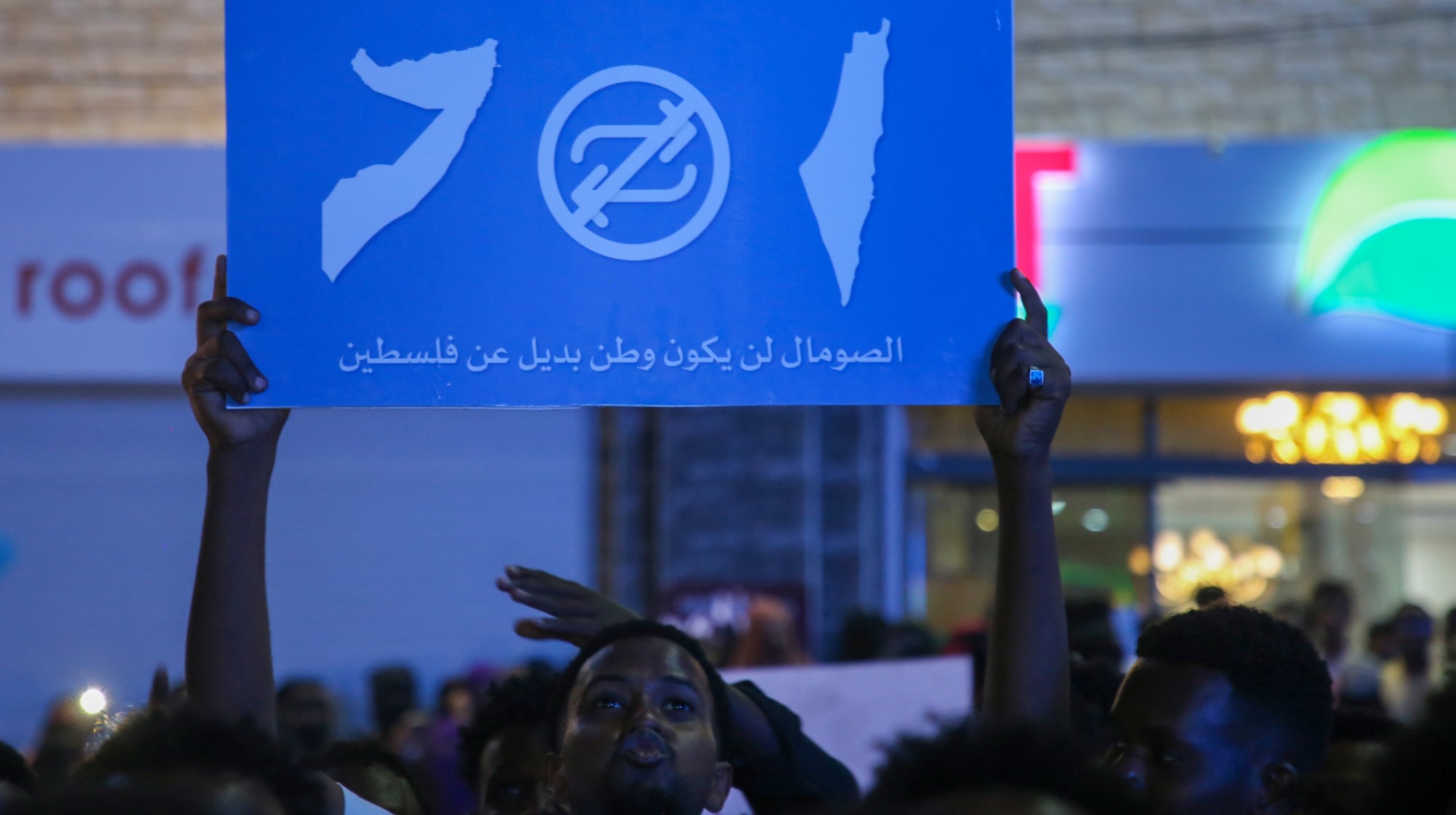 Why recognizing Somaliland is so risky for Israel
Why recognizing Somaliland is so risky for IsraelTHE EXPLAINER By wading into one of North Africa’s most fraught political schisms, the Netanyahu government risks further international isolation
-
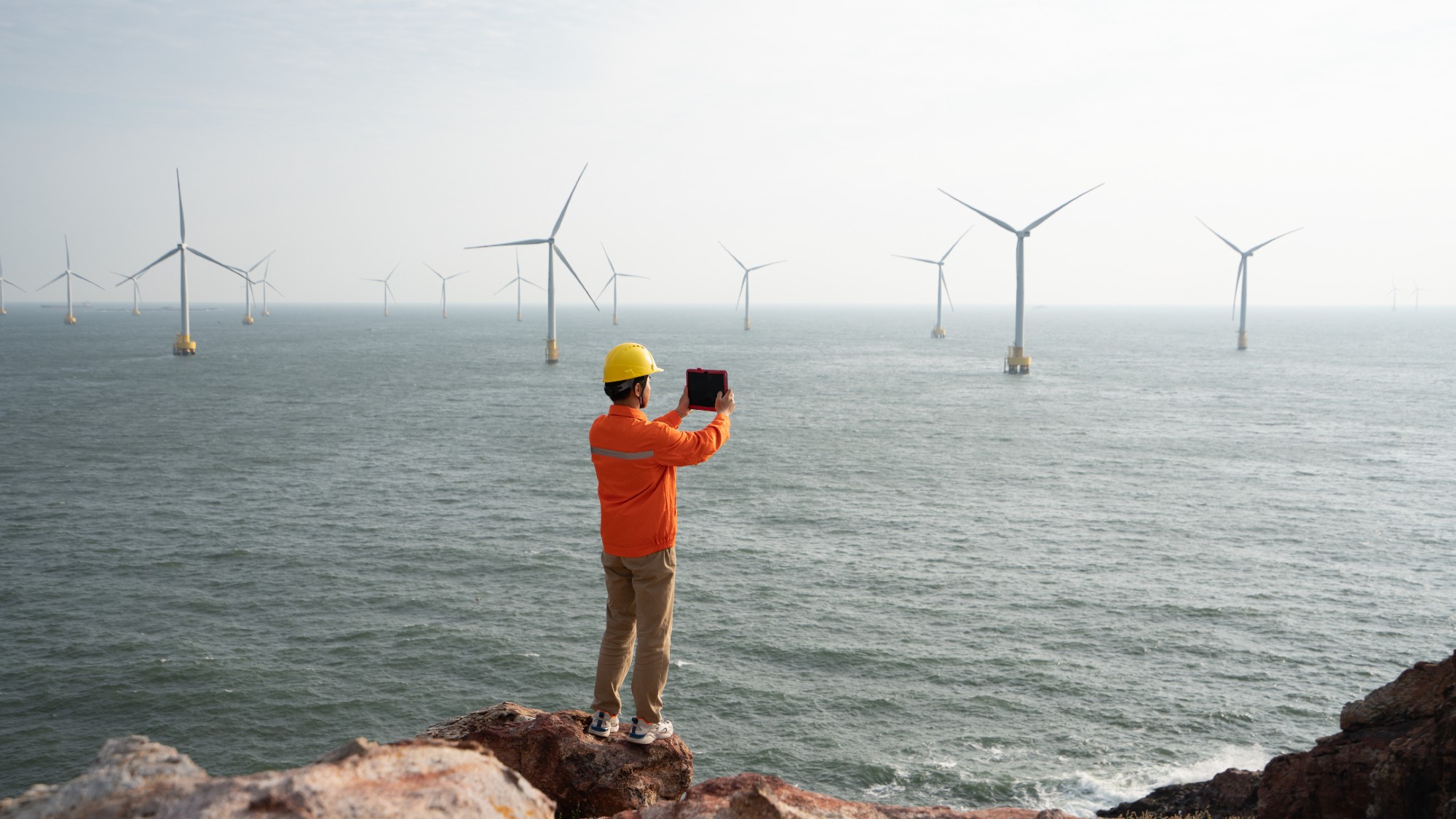 Why is Trump killing off clean energy?
Why is Trump killing off clean energy?Today's Big Question The president halts offshore wind farm construction
-
 Why does Trump want to reclassify marijuana?
Why does Trump want to reclassify marijuana?Today's Big Question Nearly two-thirds of Americans want legalization
-
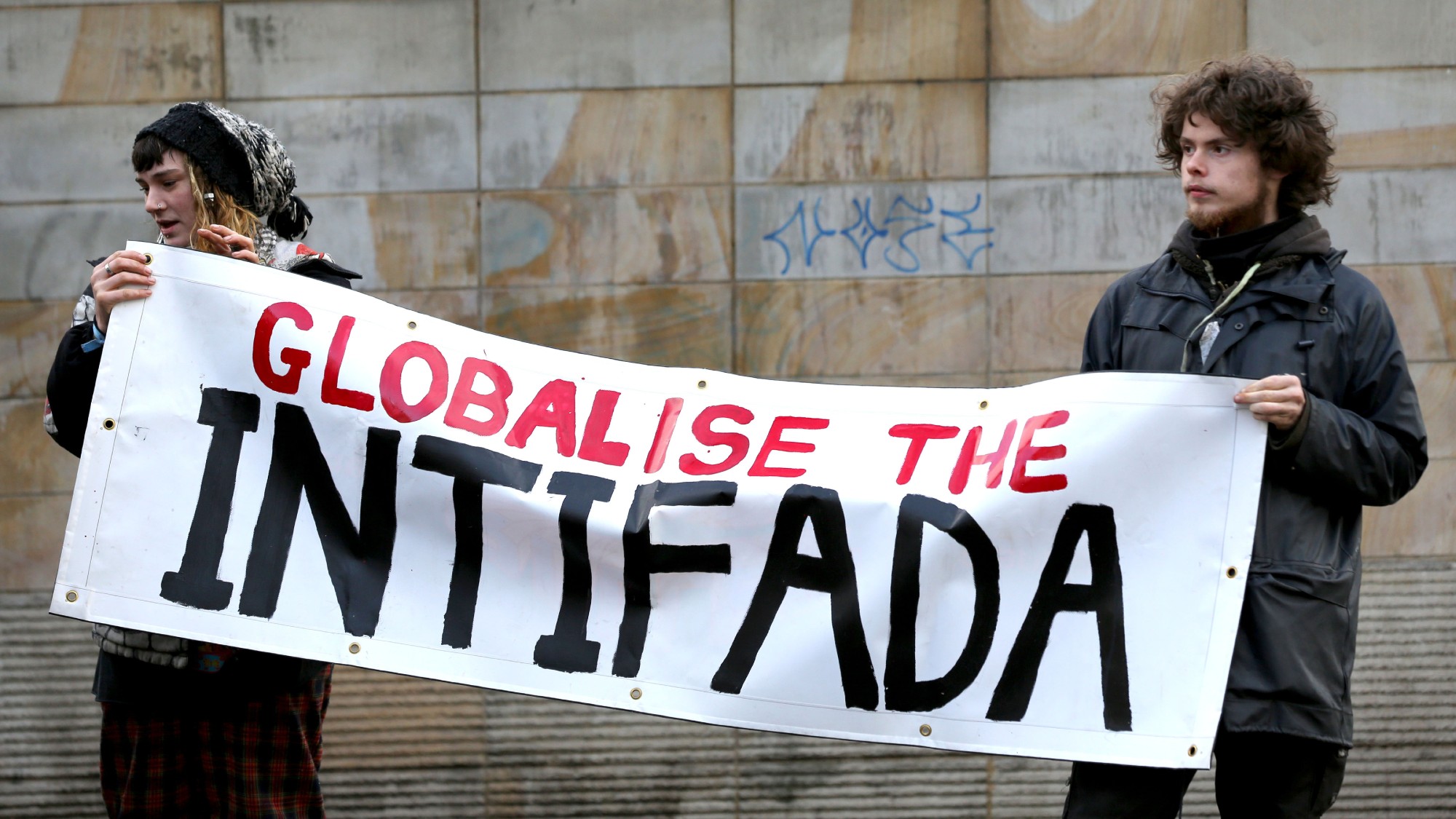 What is the global intifada?
What is the global intifada?The Explainer Police have arrested two people over controversial ‘globalise the intifada’ chants
-
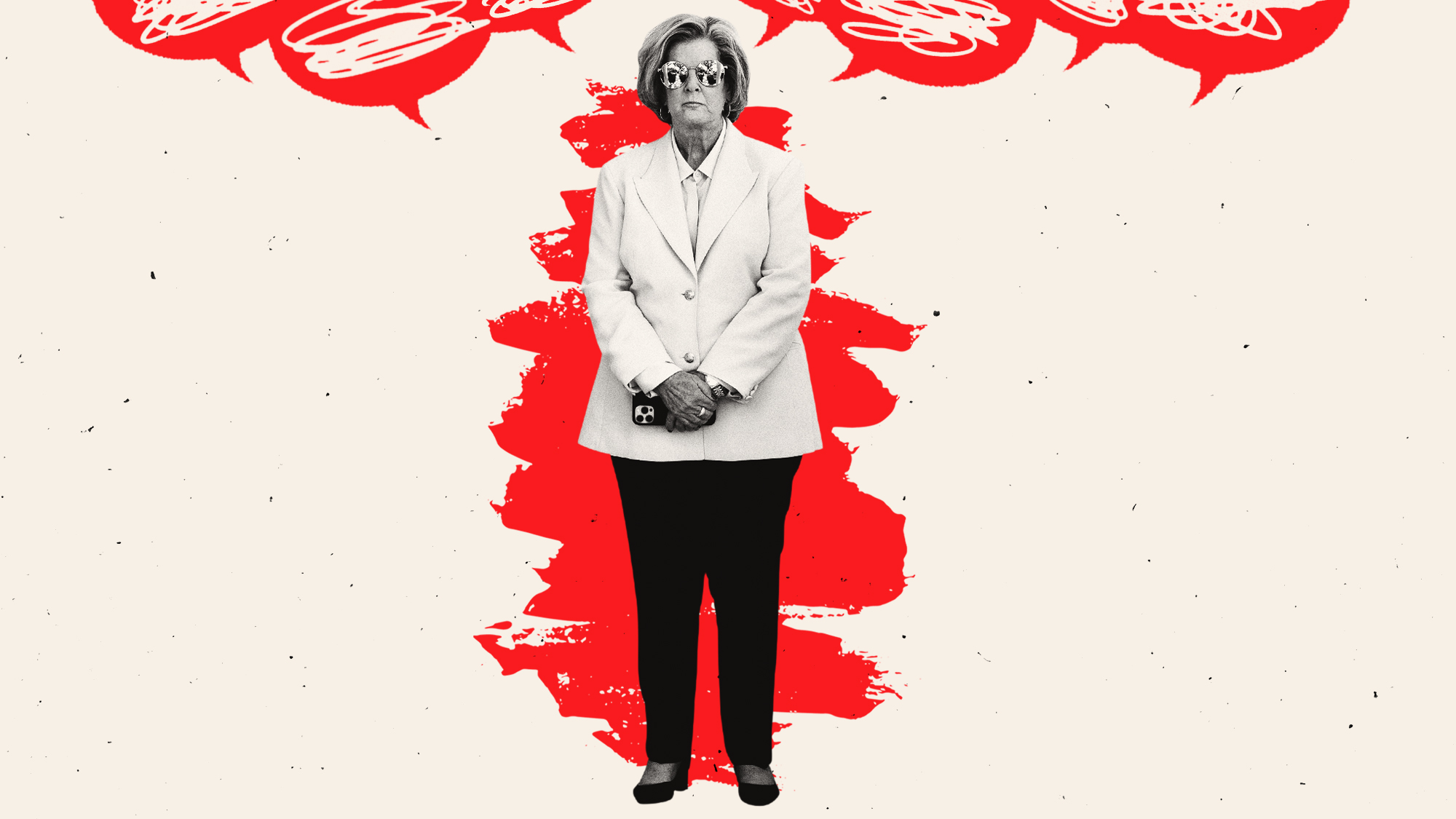 Why does White House Chief of Staff Susie Wiles have MAGA in a panic?
Why does White House Chief of Staff Susie Wiles have MAGA in a panic?TODAY’S BIG QUESTION Trump’s all-powerful gatekeeper is at the center of a MAGA firestorm that could shift the trajectory of the administration
-
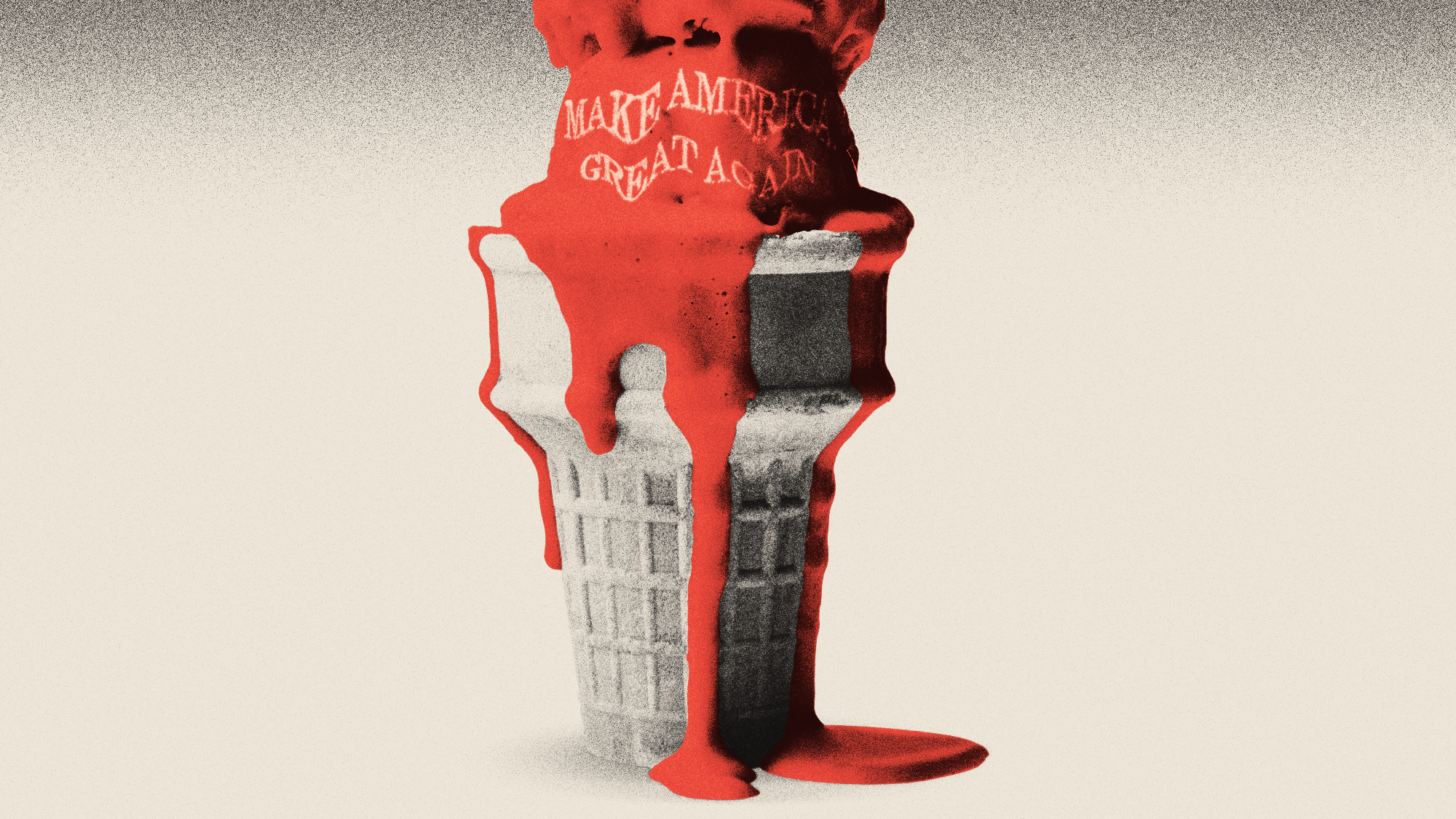 Is MAGA melting down?
Is MAGA melting down?Today's Big Question Candace Owens, Tucker Carlson, Laura Loomer and more are feuding
-
 Trump wants to build out AI with a new ‘Tech Force’
Trump wants to build out AI with a new ‘Tech Force’The Explainer The administration is looking to add roughly 1,000 jobs
-
 How cryptocurrency is changing politics
How cryptocurrency is changing politicsIn The Spotlight From electoral campaigns to government investments, crypto is everywhere and looks like it’s here to stay
-
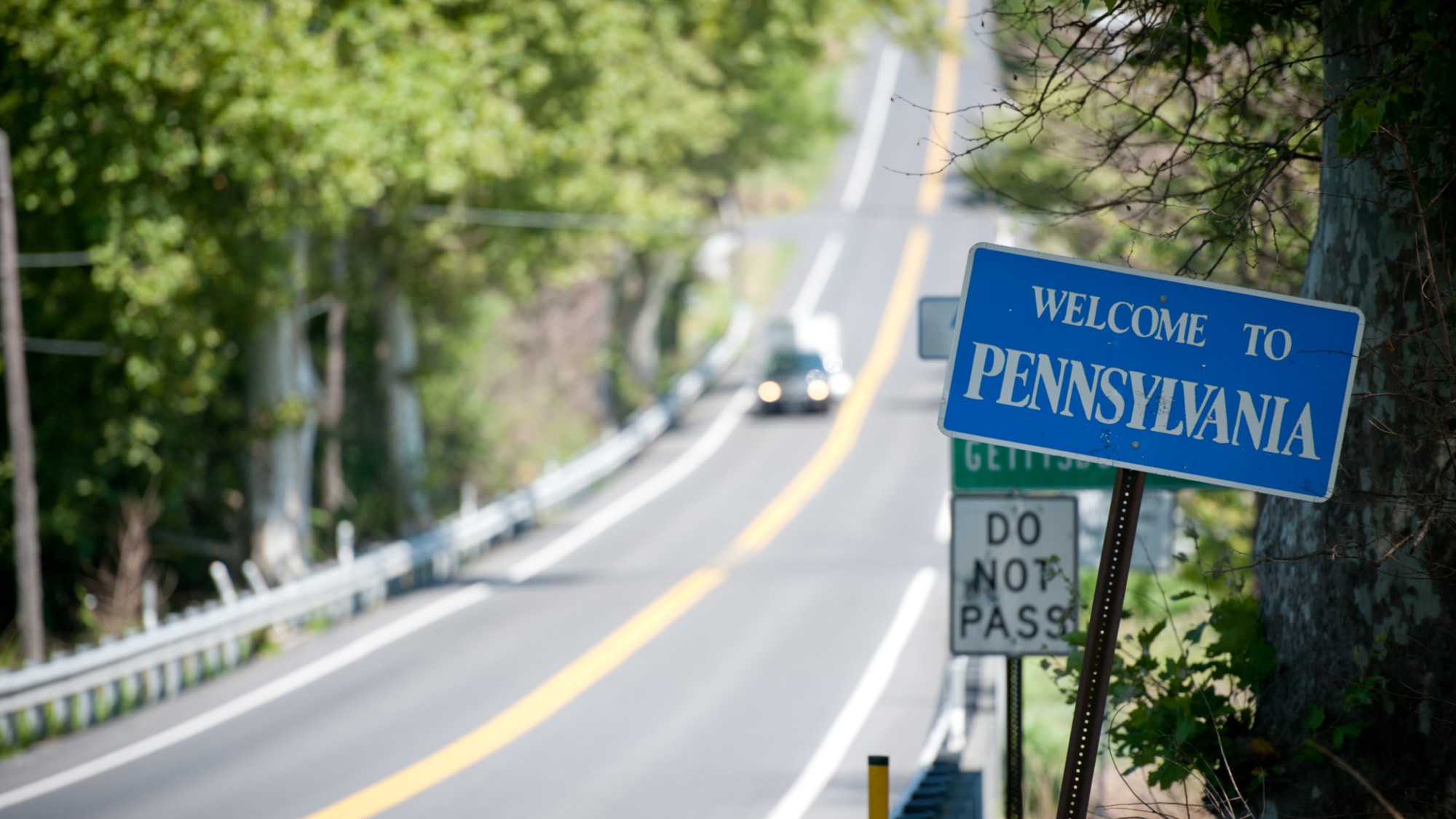 ‘Consistency at the ballot box isn’t nearly as meaningful to many voters here’
‘Consistency at the ballot box isn’t nearly as meaningful to many voters here’Instant Opinion Opinion, comment and editorials of the day
